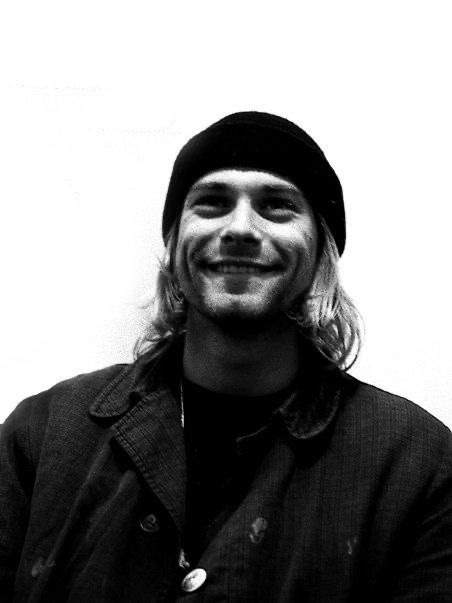Just Saw Your ‘about’ Post— We Have Similar Interests And You Seem Like Such A Cool Person!! :)
just saw your ‘about’ post— we have similar interests and you seem like such a cool person!! :)
Aw thank you!! Feel free to say hi whenever 😊😊😊 I'd be thrilled
More Posts from Thrownoutbarbie and Others

Interviewer: Do you think suicide is courageous or cowardly? Elliott: It’s ugly and cruel and I really need my friends to stick around, but dying people should have that right. I was hospitalized for a little while and I didn’t have that option, and it made me feel even crazier. But I prefer not to appear as some kind of disturbed person. I think a lot of people try to get mileage out of it, like, “I’m a tortured artist” or something. I’m not a tortured artist, and there’s nothing really wrong with me. I just had a bad time for a while.
thinking of Harold telling Jude that no matter what gets damaged, life compensates for your loss, sometimes wonderfully, and then reflecting on his own son and Jude (perceiving them both as his children). Maybe he thought that way when he was planning to introduce the adoption, the thought of it never fails to break my heart.
(suicide cw) (a little life spoilers) I habitually go back to the last portion of the book. As I read it the first time, I was only dimly aware this was the ending. I could see the number of pages, sure, and the repetitive title of Lispenard Street was ominous enough that I should’ve known - after all, why else would you bookend it like that?
I think it didn’t hit me initially, though, because for all the arduous buildup, all the scares, this is all we get of Jude’s death.

We get the aftermath, of course (and naturally I sobbed through it) - but this is the tragedy we’re led to anticipate the whole book through, and so, aware of its inevitability, I’d expected all the magnitude of Jude’s suicide attempt, of all the tragedies that followed. But Jude’s life gets 800 pages and his death gets two sentences.
The story doesn’t end on an ending. It ends on Lispenard Street.

This is what Harold leaves us with: kindness, and a father and his grinning son reminiscing; and of course that’s how he would tell Jude’s story, of course that’s how you would speak of someone you love, after: with all the kindness of eternity. People aren’t endings. Jude’s life wasn’t a stopgap, it was the story.
I can see how A Little Life might be read as a gruesome, cobweb veiled backstory to a suicide to many. That’s certainly how Jude would see it, at times, I think; but that’s why Harold is the narrator. (Harold, to whom Jude’s life was so precious, who treasured it so wholly and selfishly, as parents often do.)
And so, as we’re taken back to Lispenard Street, I can’t possibly read this story as anything other than a love letter — from a father, to his son’s life.


sometimes he wakes so far from himself that he can’t even remember who he is. “where am i?” he asks, desperate, and then, “who am I? who am I?”
and then he hears, so close to his ear that it is as if the voice is originating inside his own head, willem’s whispered incantation. “you’re jude st. francis. you are my oldest, dearest friend. you’re the son of harold stein and julia altman. you’re the friend of malcolm irvine, of jean-baptiste marion, of richard goldfarb, of andy contractor, of lucien voigt, of citizen van straaten, of rhodes arrowsmith, of elijah kozma, of phaedra de los santos, of the henry youngs. you’re a new yorker. you live in soho. you volunteer for an arts organization; you volunteer for a food kitchen. you’re a swimmer. you’re a baker. you’re a cook. you’re a reader. you have a beautiful voice, though you never sing anymore. you’re an excellent pianist. you’re an art collector. you write me lovely messages when i’m away. you’re patient. you’re generous. you’re the best listener i know. you’re the smartest person i know, in every way. you’re the bravest person i know, in every way. you’re a lawyer. you’re the chair of the litigation department at rosen pritchard and klein. you love your job; you work hard at it. you’re a mathematician. you’re a logician. you’ve tried to teach me, again and again. you were treated horribly. you came out on the other end. you were always you.”
“and who are you?”
“i’m willem ragnarsson. and i will never let you go.”

postcard sent by elliot smith to friend sean croghan after moving from portland to la c. 1999













